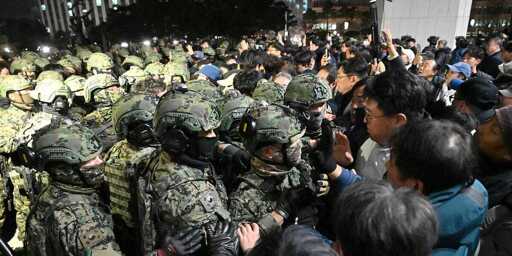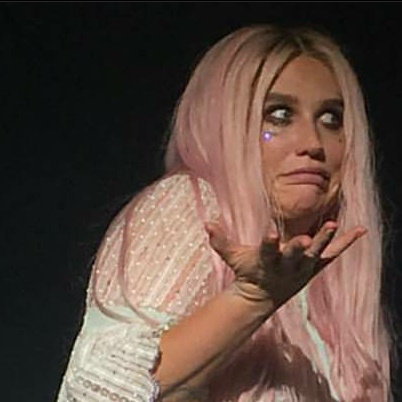That is definitely a take.
The first paragraph contains a massive factual error that changes the context of the rest of the “hot take” this person has.
Yoon wasn’t overruled by parliament. Parliament passed a resolution (read strongly worded letter) demanding he rescind the martial law declaration, which Yoon then did.
Lmao that’s not an error, much less one that means anything.
South Korean lawmakers – who had scrambled earlier in the night to block the martial law order with a parliamentary vote
Lawmakers worked swiftly to block the martial law decree
The leader of the opposition Democratic Party, Lee Jae-myung, said the emergency martial law declaration was “unconstitutional"
“Overruled” is a fair characterization. You just don’t like the article.
That’s neither a significant difference nor something that majorly impacted anything written afterward.
Hard disagree. Parliament didn’t do what he said. Yoon backed down. The deciding action on “coup or no coup” here was not done by the group he claims. That’s a big difference. Starting from that point and working from that flawed assessment changes a lot here.
So your argument is that he voluntarily backed down from a coup that otherwise would have continued and worked even after the military knew the rest of the government, including those in his own party, rejected his claim? Like he had some earnest change of heart rather than knew it was failing?
Coups aren’t resolved by rules and regulations on who gets to command the military, they’re about whose message gets out as “official” and who the security forces follow, and he was obviously not winning that struggle. There were soldiers on the street apologizing and that the members of parliament even got into the building indicates the security forces weren’t fully on board. The very publicized opposition leader bypassed the restrictions by jumping a waist high fence.
And none of this subjective determination of which individual entity held the most sway in ending the coup matters to anything else in the piece. It’s not even a terribly important question.
As a result of Yoon’s enhanced role in U.S. military strategy in Asia, the disgraced president has been the darling of the think tanks and Korea “experts” in the U.S. capital. Deputy Secretary of State Kurt Campbell has even suggested that Yoon should get a Nobel Peace Prize for putting aside Korean differences with Japan to make the trilateral alliance work.
Is there even one foreign leader the U.S. likes who is actually decent?
Yet even as the United States backs Yoon’s stance on North Korea, the enhanced ties between the Pentagon and the South Korean Army, coupled with memories of what happened in Gwangju 44 years ago, is an explosive combination. Many Koreans remember that after Chun’s coup and the slaughter in Gwangju, President Jimmy Carter directed the Pentagon to help the Korean martial law command crush the uprising by sending an aircraft carrier and advanced reconnaissance aircraft to monitor the actions of the Korean troops dispatched to the city from the Combined Forces Command. After assisting Chun to reassert military control over the country, South Korea suffered seven more years of authoritarian rule.
Even in the most generous possible reading, the South Korean government has been a straight-up U.S. puppet for much of its history.



